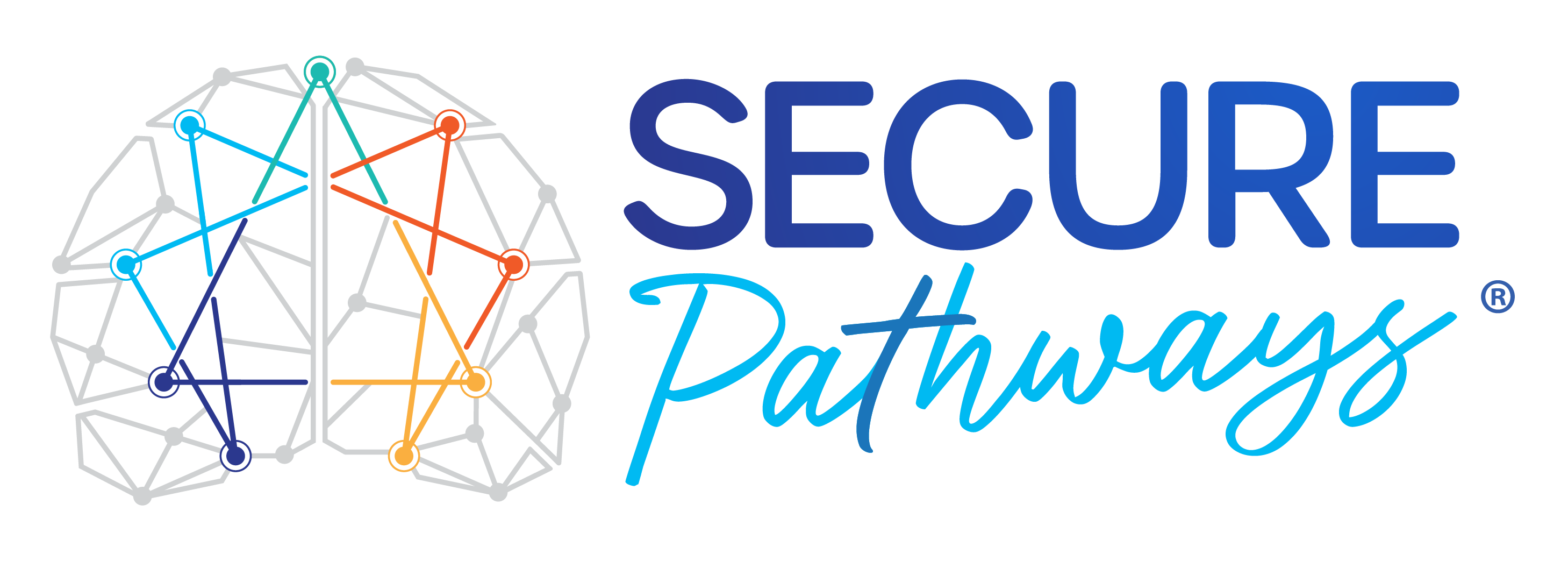We’re continuing our Parenting Patterns series, where we explore how our personality, attachment history, and life experiences shape the way we show up as parents. In this mini-series, we’re focusing on the Emotion Regulation Triads—the ways we cope with difficulty or strong emotions.
Basically, the Emotion Regulation Style is our go-to strategy when something feels uncomfortable or we don’t get what we want. It is how we respond to conflict or disappointment. By being aware of our typical reactions, we can begin to move out of our default responses and more intentionally respond to our children with wisdom and attunement.
Because even the holiest parents have blind spots—and God is not done with us yet.
A Bit More About the Emotion Regulation Triads
The Emotion Regulation Triads (sometimes called Harmonic Groups or Conflict Coping Styles) describe how each Enneagram type tends to react when things go wrong—when we’re disappointed, frustrated, or blocked from getting our needs met.
- The Competency Triad (Types 1, 3, and 5) tamps down emotion by containing their feelings and focusing on logic or problem-solving.
- The Positive Outlook Triad (Types 2, 7, and 9) revamps emotion by reframing or denying the problem, focusing instead on the bright side.
- The Reactive Triad (Types 4, 6, and 8)amps up emotion by expressing their feelings strongly and trying to elicit engagement from others.
Each approach serves a purpose but comes with pitfalls, too. Let’s look at how our Emotion Regulation Style impacts our parenting.
The Competency Triad: Calm, Capable, and (Mostly) Contained
If you’re a Type 1, 3, or 5 parent, you are in the Competency Triad. You value logic, fairness, and competence. When things feel chaotic, your instinct is to steady the ship by using logic and reason. You move into problem-solving mode, keeping your emotions under wraps and focusing on what needs to get done. You channel your emotional energy into tempered, contained actions that are usually socially acceptable.
- Type 1 parents want to stay in control (the Gut Triad’s desire), so they tamp down anger by focusing on what’s right or by following the rules.*
- Type 3 parents want to stay connected (the Heart Triad’s desire), so they tamp down emotional pain of shame (or according to Dan Siegel, separation distress) by achieving or acting in ways that gain approval.*
- Type 5 parents want to stay certain (the Head Triad’s desire), so they tamp down anxiety by retreating into analysis, observation, or information.*
Your strength lies in your ability to stay calm, think clearly, and not get swept up in the emotional storm. When your child is melting down, you’re often the rock—the reliable one who can hold things together.
That’s an asset but can also make it harder to connect emotionally with your child in their need to be understood.
The Competency Triad and Parenting
🌟 Strengths:
- You bring stability to the family system. Your calm presence can help soothe an overwhelmed child.
- You are a steady anchor when others are spinning out—able to think clearly and act wisely.
- You model consistency, discipline, and follow-through, helping children feel secure in your reliability.
- You can guide your child through problem-solving after emotional moments, showing them how to repair and move forward.
⚠️ Challenges:
- You might unintentionally over-regulate—pushing away or minimizing emotions (your child’s or your own).
- You may miss your child’s emotional signals, moving too quickly to fix the problem rather than feel it with them.
- You may value logic or self-control so highly that emotional expression feels inefficient—or even unsafe.
- You might quietly judge emotional intensity (in your child or yourself), seeing it as weakness instead of an invitation to connection.
What Your Child May Need From You (That Doesn’t Usually Happen Automatically)
Permission to feel. Your calm helps—but sometimes your child needs your warmth, not your wisdom.
Comfort before coaching. They may need you to join them with your emotional presence before you teach or reason with them. You can always return to the lesson later—after their nervous system has settled.
Modeling of healthy emotion. When you let them see your genuine feelings—without losing control—you show them that emotions are normal and manageable.
Connection over correction. Even if you see a better way forward, your child needs empathy first.
Remember, your child learns emotional regulation through you, not from your words alone.
Encouragement for Competency Triad Parents
You don’t need to have it all together to be a great parent. You just need to be real and reachable. Your steadiness is a strength—but your humanity is the bridge.
When you allow yourself to be a little messy, you model grace.
When you admit that emotions are hard—even for you—you invite your child to be honest about theirs.
When you trade perfection for presence, your home becomes a refuge of peace rather than pressure.
“The Lord is gracious and compassionate, slow to anger and rich in love.” — Psalm 145:8
God doesn’t rush to fix us. He meets us with patience and love—and invites us to do the same with our children.
Parenting with security means remembering that emotions—ours and our children’s—are not problems to solve, but signals pointing us toward connection. Emotions point out things we might need to reflect on or take to the Lord.
Reflection Questions
- When your child gets emotional, what happens inside of you?
- What beliefs about emotions might make it hard for you to stay present when your child is upset?
- How does your faith help you find steadiness without avoiding emotions?
Final Thought
If you’re in the Competency Triad, your parenting superpower is your ability to stay grounded when the storm hits.
Your growth edge? Learning that connection often comes not from solving the storm—but from sitting in it together.
When you make room for emotion—yours and theirs—you give your child a beautiful gift: the freedom to be fully human and deeply loved, just as God made them. You give them the ability to co-regulate their emotions which is a critical skill for competence in many areas of life.
👉 Get my weekly emails delivered right to your inbox by clicking here!
Grab my Feelings Circle to help your children name their feelings.
*Recent work by Dan Siegel and the PDP (2024). Personality and Wholeness in Therapy: Integrating 9 Patterns of Developmental Pathways in Clinical Practice. Norton: New York, NY.



